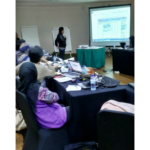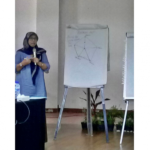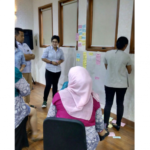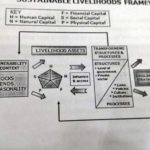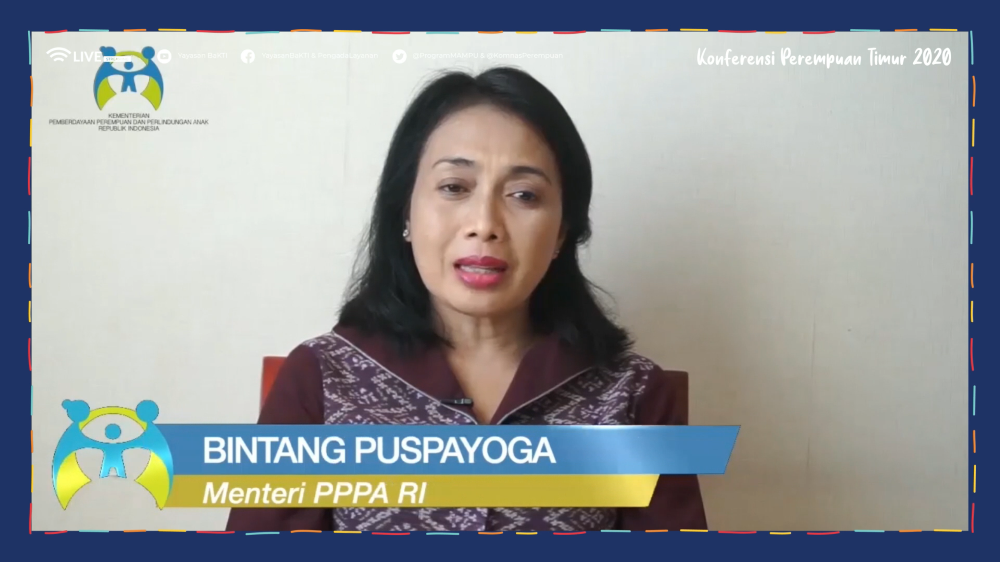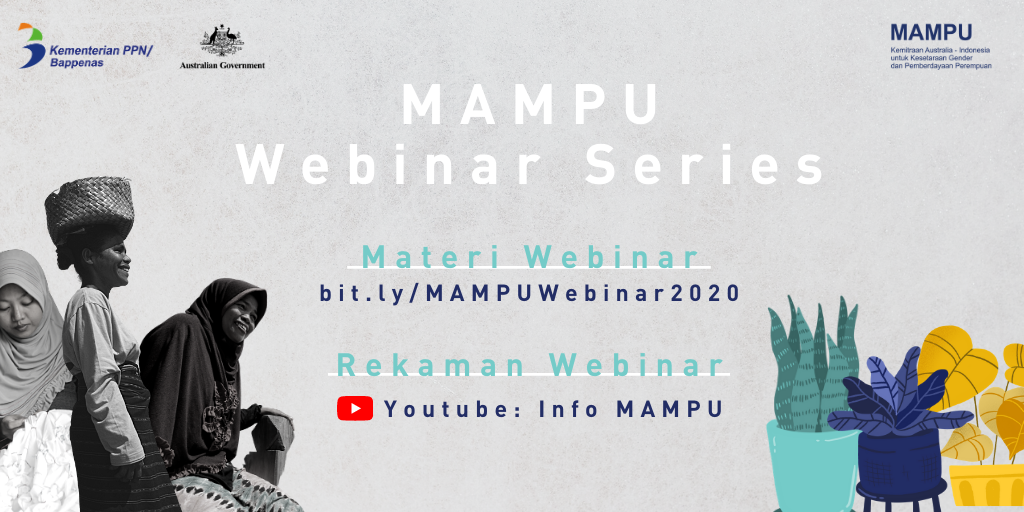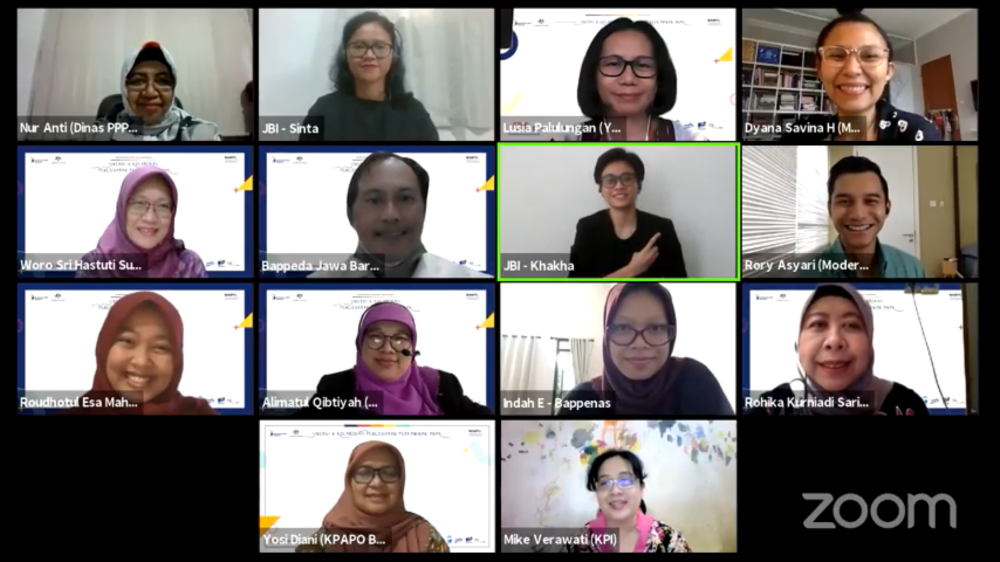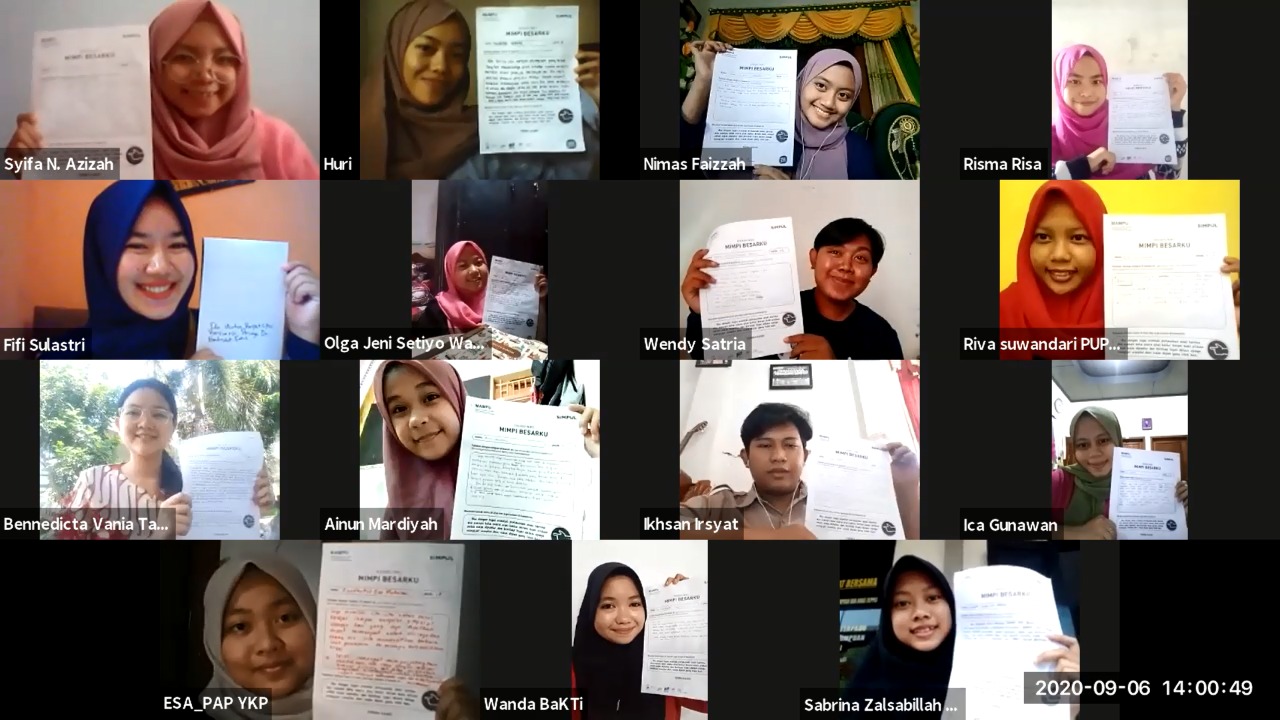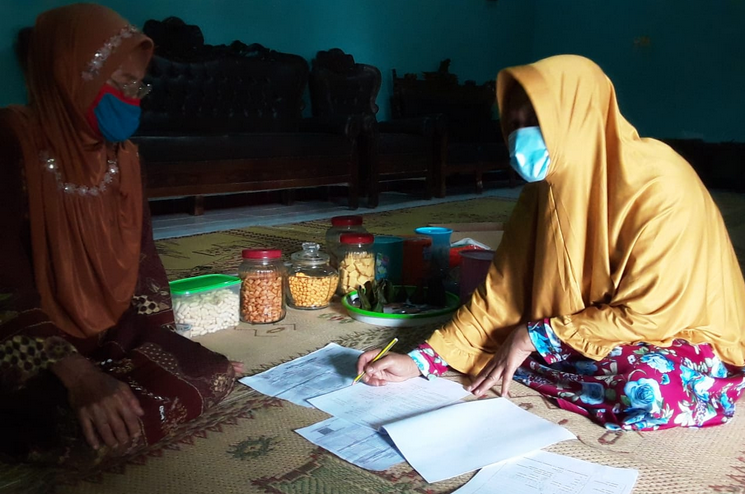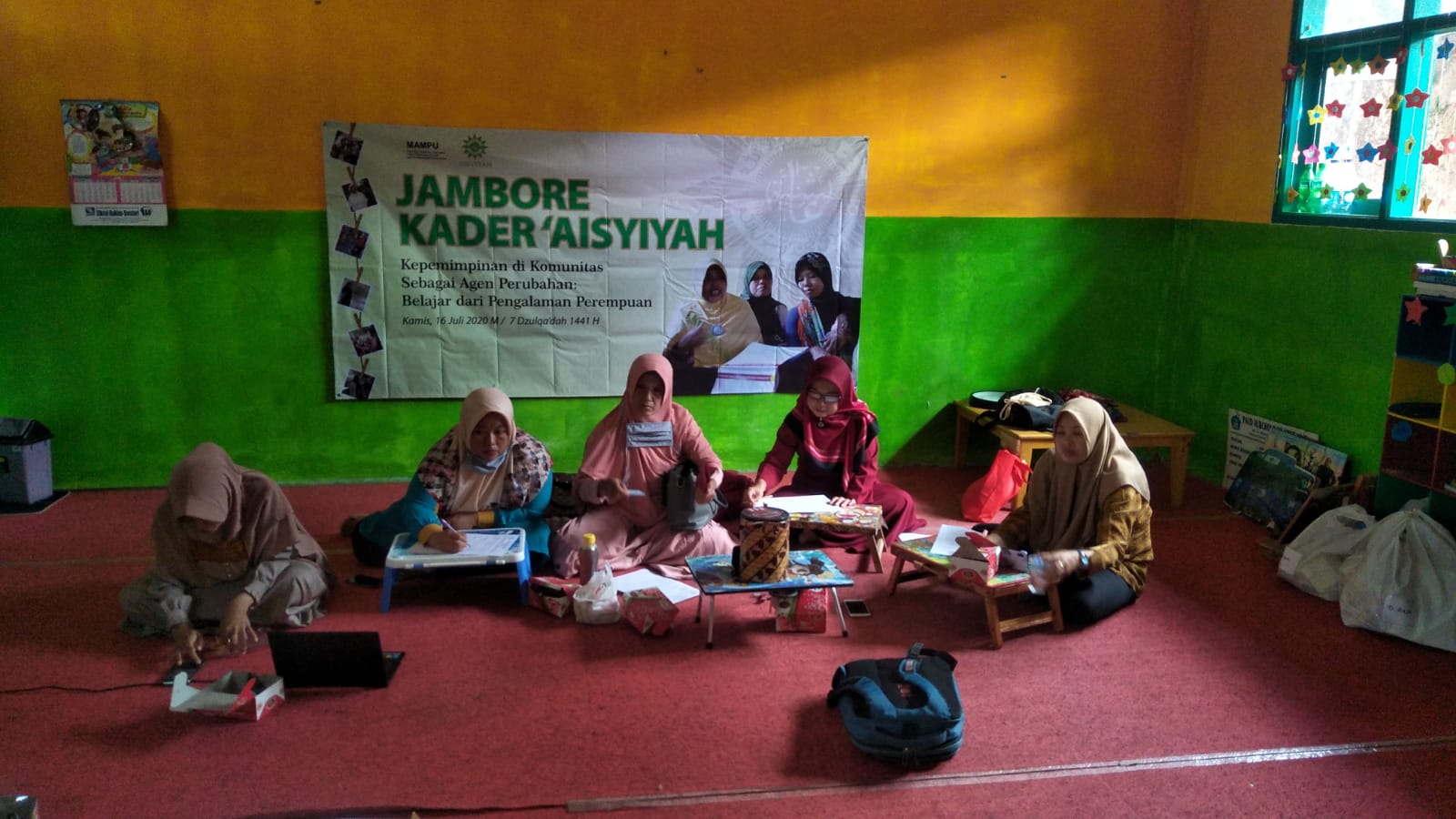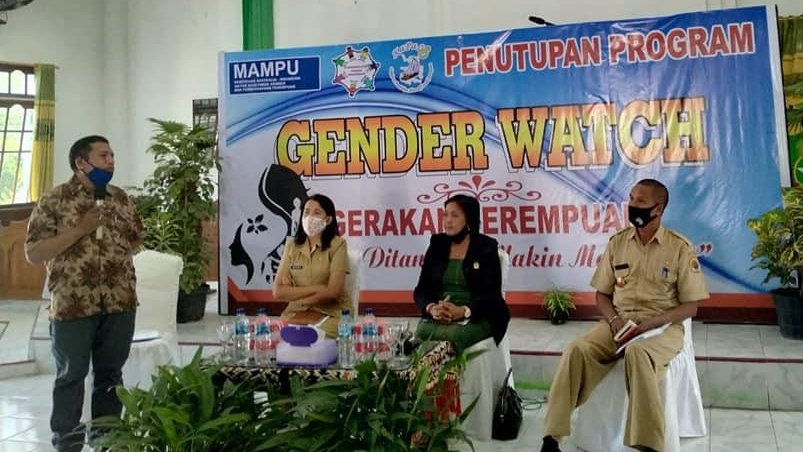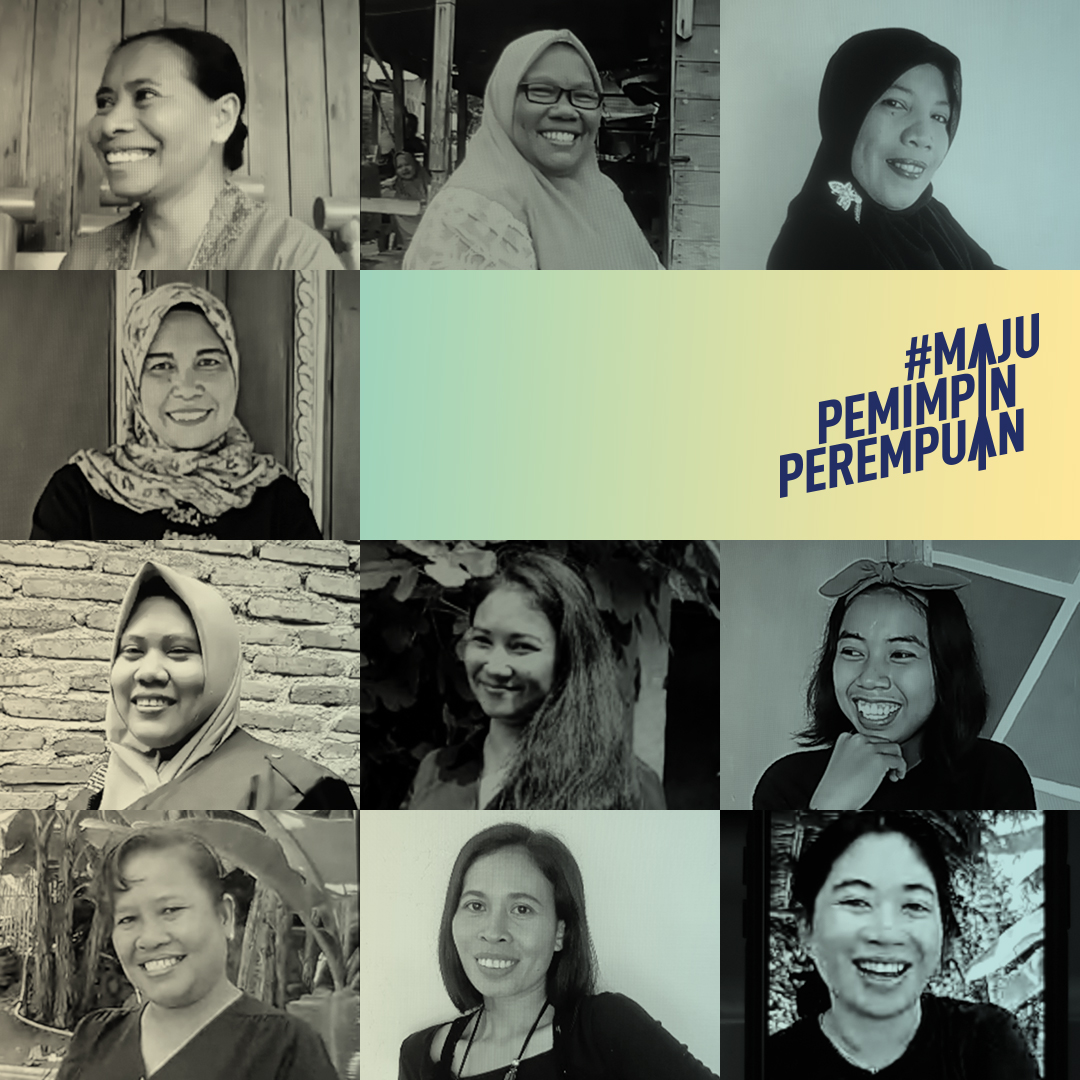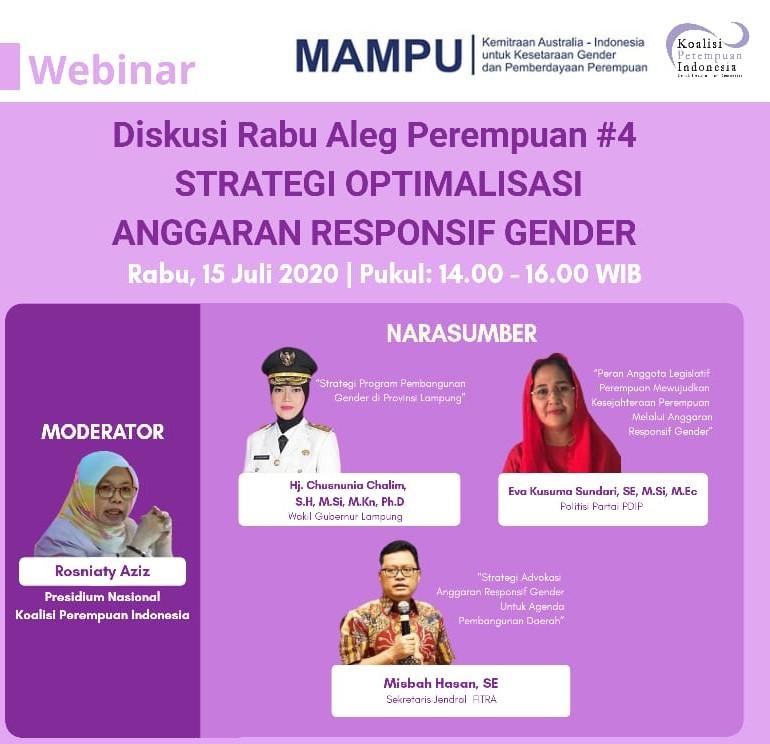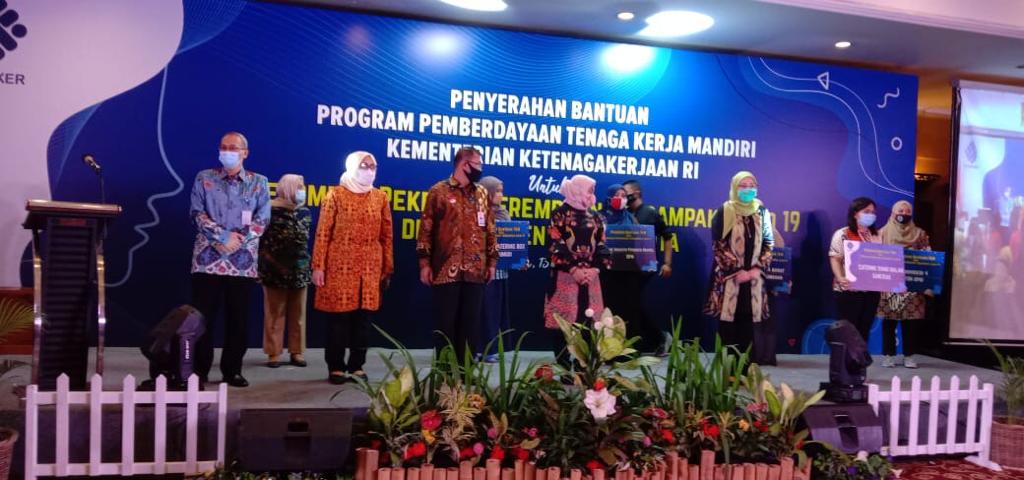Event
KAPAL Perempuan: Workshop on Gender and Sustainable Livelihoods
2 September 2016Author: admin
On 27 to 30 August 2016, KAPAL Perempuan together with its 5 partner organisations, held a workshop on Development of Concept Framework for Gender and Sustainable Livelihoods, and implementation design in six areas of the Gender Watch Program. The workshop, which held at Hotel Bumi Wiyata, Depok, West Java, was facilitated by Titik Hartini, an expert in women economics.
The workshop explained that the “Sustainable Livelihood” can be viewed in: 1) increase in income, 2) ability to maintain food sovereignty, 3) reduce susceptibility, 4) the natural resource conservation and, 5) sustainable development. It means that the increase in income can not simply be seen as an improvement of livelihood. For example, with the same income, but with better access to social protection, it can reduce the expenses. The implementation draft of livelihood activities should also be able to improve control and women’s access to assets and does not pose a double burden for women.
During the workshop, KAPAL Perempuan and its partners performed a mapping and analysis of existing assets in their working area, including human resources, natural resources, social and financial resources. Then, mapping of vulnerability forms that has been influenced, both internal factors (individual/ family) and external factors (changes from nature or society’s norms). Furthermore, they also mapped and analysed the structure/ policy, organisation and processes that exist in the community that had been affecting livelihoods in the community (e.g. the formation of microcredit from NGO or Government, local regulations about mining, etc.).
After mapping, participants then created livelihood strategies and what they can do in their respective territories. For example, in Jakarta, to address the vulnerability of rising food prices and limited space, there was an idea that School of Women members can do hydroponic farming at home, especially for commodities which prices often up and down, such as chili and red onion.
At the end of the session, Titik Hartini also provided additional insights into the feasibility test guide. She emphasised that it would be easier if we start from what the market needs, rather than what we have.
As the follow up, each partner will make a follow-up plan and consult the results of this workshop to their organisations. Then, Titik Hartini will make a visit to each of KAPAL Perempuan partners to mentor and assist the livelihood improvement based on the created document.




